
Honduras, Latin America: Week in Review
Honduras Truth Commission Calls Zelaya Ouster A Coup; Blames Government For 20 Deaths
July 8, 2011 By Staff
Today in Latin America
Top Story — The Honduran Truth and Reconciliation Commission concluded Thursday that the 2009 ouster of then President Manuel Zelaya was a coup. The commission said that the removal of Zelaya was illegal and not the constitutional succession that some of Zelaya’s opponents claimed. The report was presented to current Honduran President Porfirio Lobo, Head of the Supreme Court Jorge Rivera Avilez and Organization of American States Secretary General José Miguel Insulza in the Honduran capital of Tegucigalpa. The 2009 coup was sparked by Zelaya’s refusal to stop a referendum linked to presidential term limits, which the commission called a “a point of no return.” The commission also blamed the Honduran government for human rights violations in the seven months after the coup. The government caused the death of 20 people, eight of whom were assassinated and 12 others were killed during street protests.
Headlines from the Western Hemisphere
North America
- An FBI affidavit alleges that drug traffickers have been posting lookouts to identify vehicles which regularly use the express lane to cross the U.S.-Mexico border so they can secretly hide drugs in those cars.
- Members of the U.S. Congress Thursday called for a presidential commission to study the formation of a national museum about immigration in Washington D.C.
- The Mexican government remodeled its anti-drug strategy to direct added attention to the violent Zetas paramilitary cartel.
- Mexican authorities continued searching Thursday for seven U.S. men missing since a tourist fishing boat capsized and sank off Mexico’s coast.
Caribbean
- Cuba’s Supreme Court has set a July 22 date to consider an appeal by U.S. contractor Alan Gross, who was sentenced to 15 years in prison on charges of illegally importing communications equipment.
- Ricardo Alegría, a Puerto Rican scholar known for his pioneering studies of the island’s native Taino culture and who is credited with preserving the capital’s colonial district, died Thursday. He was 90.
Central America
- The Secretary General of the Organization of American States, José Miguel Insulza was in Honduras Thursday for the presentation of the report by the Truth and Reconciliation Commission, which investigated the events surrounding the 2009 coup.
- Honduran police arrested Miss Honduras 2009 on money laundering charges for failing to declare $47,000 when entering the country.
- A Nicaraguan NGO asked asked president Daniel Ortega to negotiate with his Costa Rican counterpart, Laura Chinchilla, an amnesty for about 200.000 Nicaraguans living in Costa Rica illegally.
- Andrey Amador, a 24-year old Costa Rican, became the first person from Central America to compete in the Tour de France.
- Donald Trump opened the 7o-story Trump Ocean Club hotel this week in Panama, which is now the tallest building in Latin America.
Andes
- Venezuela’s convalescing President Hugo Chávez dismissed rumors of a reshuffle on Thursday and kept all his ministers in their jobs, thanking them for their work while he underwent cancer surgery in Cuba.
- The administration of President Rafael Correa is evaluating purchasing oil hedges to protect Ecuador’s economy against declines in the price of crude oil.
- Venezuelan President Hugo Chávez suggested Thursday that he spent a number of days incapacitated after undergoing surgery in Cuba to remove a cancerous tumor, which Chávez’s critics say means the government was left without a leader.
Southern Cone
- Brazilian Finance Minister Guido Mantega said Thursday that both China and the United States manipulate their currencies at the expense of trading partners.
- While a recent wave of protests in Chile will hurt President Sebastián Piñera’s legislative agenda, it will not hamper the country’s economy, analysts said.
- Argentine President Cristina Fernández de Kirchner placed a ban on classified newspaper ads that advertise sex workers.
- The World Health Organization praised Uruguay for pioneering legislation demanding large graphic health warnings on packages of tobacco.
Image: OEA – OAS @ Flickr.
Subscribe to Today in Latin America by Email
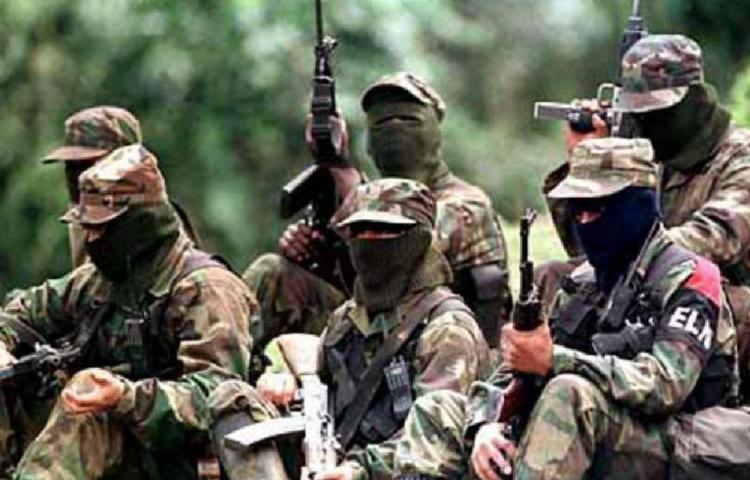
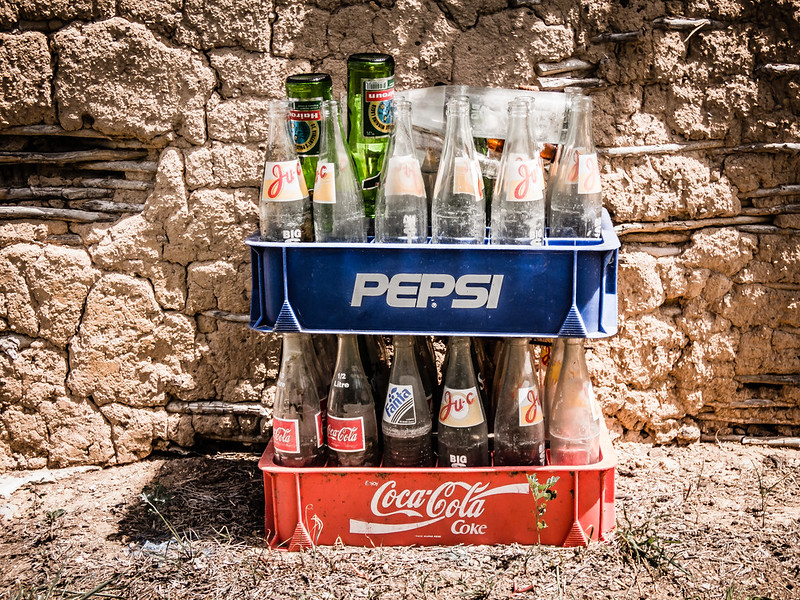
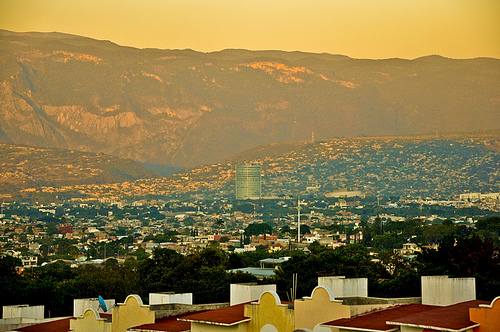
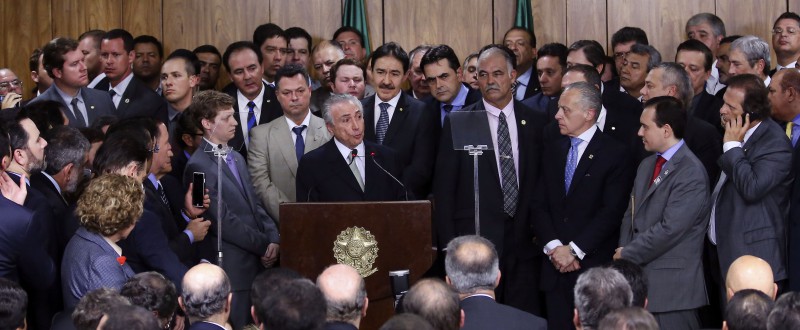
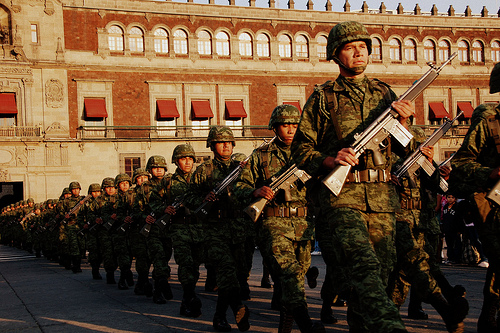
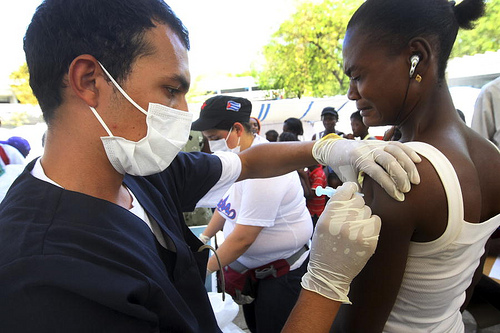
1 Comment
[…] his government established in an effort to avoid future abuses of human rights. The Commission delivered a report in June faulting the Honduran government for human rights violations in the seven months after the […]
Comments are closed.